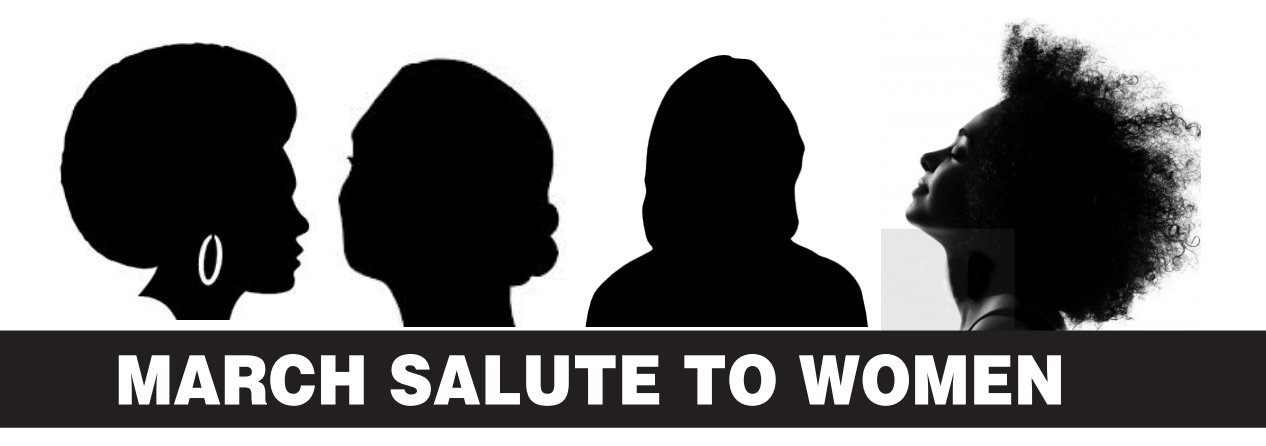Honoring Phyllis Scott: The Activist

Disclaimer: The views and opinions expressed in this article are those of the author and do not necessarily reflect the editors' views or any agency, organization, or employer. Based on my experience, research and knowledge, my statements are in good faith and are only for information purposes. Please research and follow up on all claims for yourself.
Born during the Great Depression and coming of age amidst the Black Power Movement, Phyllis Scott was a GIANT activist and advocate for the underprivileged. Growing up amidst the hardships of the Great Depression, Scott undoubtedly witnessed firsthand the devastating impacts of economic inequality and social injustice in her community. Furthermore, being a young adult during the 1960s and 1970s likely amplified her voice. These experiences fueled her passion for social change and fostered a deep sense of empathy for marginalized and oppressed people.
Scott's journey into activism began as a prominent figure in union leadership at a local General Motors (GM) plant. She bravely confronted discriminatory practices within the workplace, such as in 1965 when she spoke out against derogatory remarks made by a fellow union member, shedding light on the discrimination faced by Black women at GM. This incident marked the beginning of her public advocacy for racial and economic equality.
In 1969, Scott's involvement in the Model Cities program further underscored her dedication to addressing the multifaceted challenges facing marginalized communities. However, disillusioned by the program's failure to realize its transformative potential, Scott resigned, citing insurmountable barriers hindering progress. Undeterred, she continued to amplify her voice, particularly in the realm of education. That same year, she led a grassroots movement against a controversial plan by the Grand Rapids Board of Education to bus Black innercity students to predominantly white neighborhoods. Her impassioned advocacy garnered widespread support, with thousands rallying behind her cause.
The "Oct. 1 Movement," orchestrated by Scott, saw thousands of Black students boycotting schools, sending a powerful message against racial segregation and discrimination. Despite facing opposition and intimidation, Scott remained steadfast in her commitment to justice. Her tireless efforts bore fruit when the school district unveiled a revamped plan with a stronger emphasis on community involvement and equity. Scott's vision for inclusive education, marked by K-12 schools in every neighborhood and innovative curricula, foreshadowed progressive reforms in the years to come.
Scott's impact in the 1970s was profound, as evidenced by numerous articles focusing on her groundbreaking work. Tragically, her life was cut short in 1978 when she was brutally murdered in her home in Idlewild, MI. Despite the heartbreaking circumstances surrounding her death, her spirit lives on to inspire generations of activists in Grand Rapids through the annual GIANT Awards.
Sophia Brewer (M.L.I.S.) is Collection Development and Serials Librarian, Grand Rapids Community College; Co-President of the Greater Grand Rapids History Council; member of the Grand Rapids Study Club and serves on the Grand Rapids Public Library, Board of Library Commissioners (Elected 2016-2021). She is a former Head of Programs, Grand Rapids Public Library and former Branch Manager, Madison Square Branch, Grand Rapids Public Library Congresswoman

Tagged in: